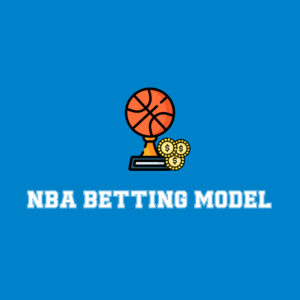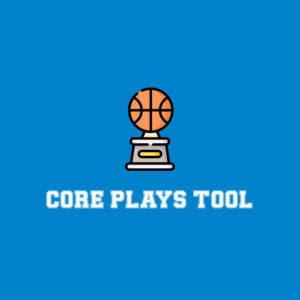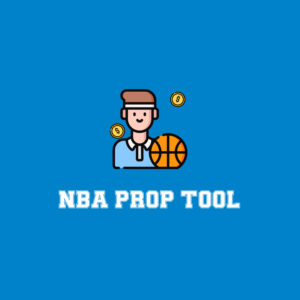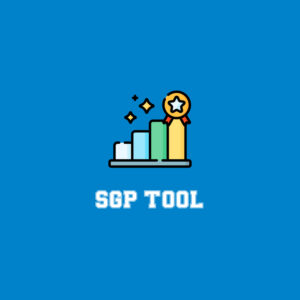
Playing fantasy football — particularly daily fantasy — comes with a whole new vocabulary unique to the game. Knowing what terms mean is crucial to playing the game successfully. With that in mind, here’s a quick glossary of some of the key primary DFS terminology.
Daily Fantasy Football Glossary
50/50 or Double Up: A DFS contest that pays out the top half of the field, or close to it. If you get above the cash line you “double” the amount of money you originally invested. Everyone who is above the cash line wins the same amount.
Algo/Algorithm: The often-complex mathematical equation designed to optimize DFS player values to produce combinations of the highest score(s) as possible.
Bankroll: The amount of money that you have reserved for DFS or gambling. Having a set bankroll will help you keep track of your winnings, make wise decisions about what percentage of your money to play, and keep you from getting into finical distress.
Bubble: The last paid position in your DFS contest. If you are the first position outside of cashing you are on “the bubble.”
Buy-in: The cost to enter a DFS contest.
Cash game: This is a 50/50 or a Double Up contest (see above).
Cash Line/Pay Line: The lowest score that gets paid out in your fantasy tournaments. To make money you have to be above the “cash line” or “pay line.”
Ceiling: The highest amount of points a fantasy player can realistically score in a perfect situation. A player’s ceiling is the highest fantasy score they have ever achieved.
Chalk: The perceived best players of the slate, who will also be the highest owned.
Contrarian: The opposite of what is popular (chalk). Using a player with a low ownership percentage would be considered a contrarian play.
Core: These are the base players you value the most and will be on each of your lineups.
Correlation: Using players from the same team (or game) that will contribute to one another’s fantasy output. Examples: In NBA, a player who assists another scorer frequently; in NFL, a quarterback who is throwing to a wide receiver; in MLB, hitters who are close in the batting order to get RBIs and scores.
CSV: A plain text file format used to store and upload data to or from DFS websites. These CSV files are used primarily by individuals who MME (see below).
Dart/dart throw: A risky low priced DFS play. Another term for “Punt” play.
DFS: Daily Fantasy Sports
DK: DraftKings
Exposure: What percentage you own a given player across all your DFS contests. Example: “I have 50% exposure to LeBron James.”
Fade: Not using a player in your fantasy lineup or removing them from your player pool. If you do not believe a player will score enough fantasy points to hit value or get you above the cash line you would “fade” him/her.
FD: FanDuel
Fish: An uneducated DFS player, or an amateur.
Floor: A safe estimate of the lowest amount of fantasy points (or statistics) that a player could score. A player’s lowest-scoring career outing is considered his floor. This is the opposite of “ceiling.”
Free roll: A DFS contest that is free to enter but you still generally win cash or prizes.
Guaranteed prize pool (GPP): Large-field tournaments that tend to be top-heavy in cash prizes.
Head to Head (H2H): Playing one person in a DFS contest. Winner takes all.
Hedge: Playing the opposite side of your main team to minimize losses and/or increases your chances one side profits heavily.
JAG: Just A Guy
Juice: Refers to the amount you pay the host website to play in the contest. Other names include vig, rake or commission.
Late swap: A DFS tournament where you can continue to edit your lineups once the games have locked/started. You may not change players in games that have already begun, but you will be able to edit players for later games in the same slate. For example: If the NFL slate locks at 1 p.m., you could still edit players from the 4 p.m. games.
Lineup lock: When your DFS contest starts and you can no longer edit your entries, unless there is late swap (see above).
Live final: An in-person championship for one of the daily fantasy websites. You need to win a Qualifier to be able to attend. These take place all over the country, include flight, hotel, exclusive parties/perks, and most importantly an entry into a massive cash pool tournament.
Min cash: Winning the “minimum” amount in a DFS tournament.
MME: Mass Multi-Entry
Model: See Algo/Algorithm
Optimizer: A tool that uses player projections to produce multiple high-upside lineups fast for MME DFS players.
Overlay: If a DFS tournament does not fill and there is a higher percentage of players paid than what was intended by the host site. The host site takes a monetary loss and you have a statistically greater chance to profit.
Paying down: Using value/cheap players in your DFS lineups; the opposite of paying up.
Paying up: Using expensive players that reduces salary for the remaining players in your lineup; the opposite of paying down.
Pivot: Having a backup plan for a player you may need to move off for multiple reasons. (Example: Ownership, late scratch). This can also be used to move off a chalk player that you feel has just as much upside at lower ownership.
Player Pool: The players that you are considering playing in your DFS lineups.
Punt: A salary-saving high-risk player who doesn’t necessarily meet all the criteria of being a quality play. Usually used to fit in higher-priced, higher-producing players.
Qualifier: A type of DFS tournament that if you win, you are guaranteed an entry into a larger tournament with a higher buy-in. To get to a Live Final Championship, you will need to win a qualifier. These pay out very little unless you win first place.
Regress (to the mean): When a player has been over or underachieving, they should be due to perform in a way that gets them closer to their season (or career) average.
ROI: Return on Investment
Satellite: A type of DFS tournament that if you win, you are guaranteed an entry into a larger tournament with a higher buy-in, like a Qualifier.
Shark: A DFS player who is very experienced and has a proven winning track record. This is someone you typically want to avoid in head-to-head games.
Single entry: A DFS contest that only allows you to enter one lineup.
Sleeper: A DFS option the industry is not talking about. This will be a low-owned play.
Stack: Refers to using multiple players from the same team, or game, in an attempt to correlate and maximize your fantasy production.
Studs and scrubs/stars and scrubs: A technique in DFS tournaments where you pay up for high-ceiling players and pay down for cheap, value players.
Sub-optimal: A player whose point projection is less than what is predicted to be necessary to gain advantage against the field. These will often be low owned players in DFS contests.
The nuts: The best lineup mathematically possible, or an unbeatable lineup.
Tiers: A DFS contest where you select a player from small pools (or tiers) determined by the DFS host sites.
Tilt: When you are on a losing streak, which then negatively contributes to your overall gameplay and strategy.
Train: Someone runs the same lineup with multiple entries in the same tournament.
Triple up: Making 3x your initial investment
Upside: A play that you have determined will exceed their price point and/or has a high ceiling.
Value: An underpriced player
Whale: A DFS player with a large bankroll








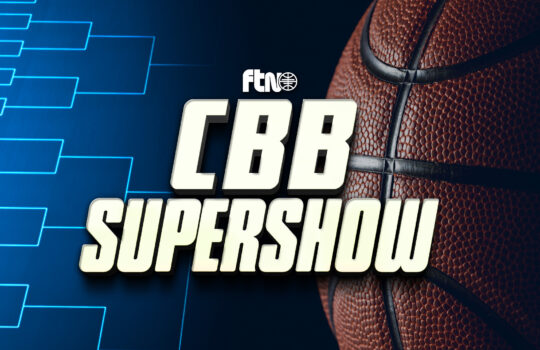

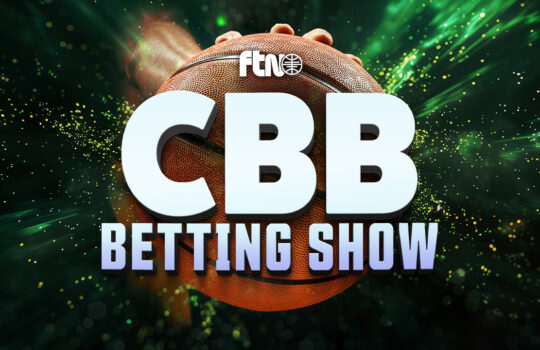











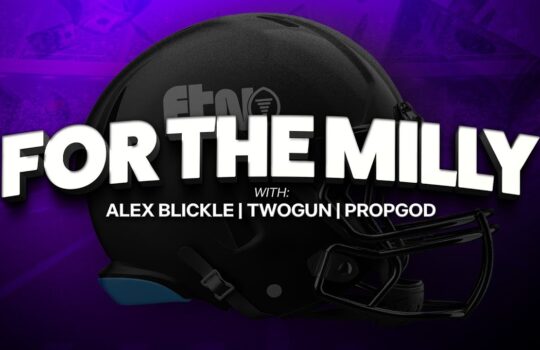






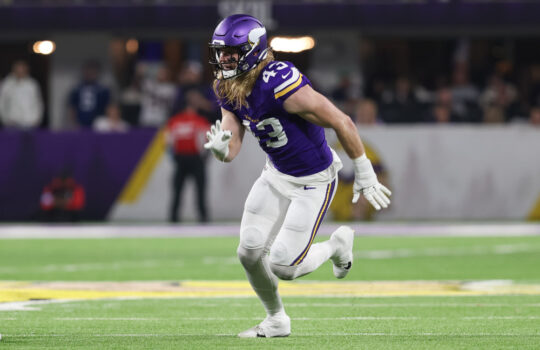



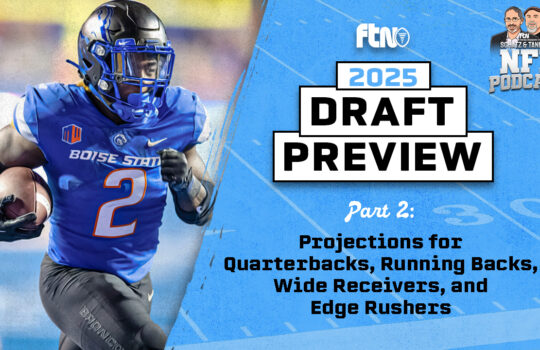

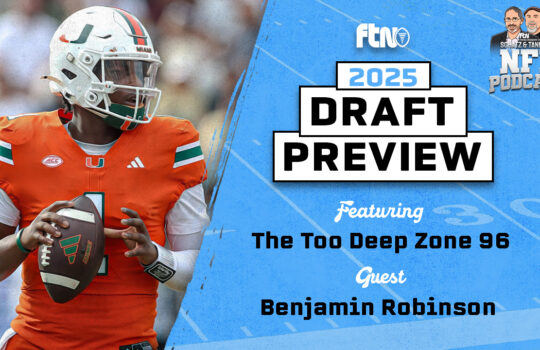
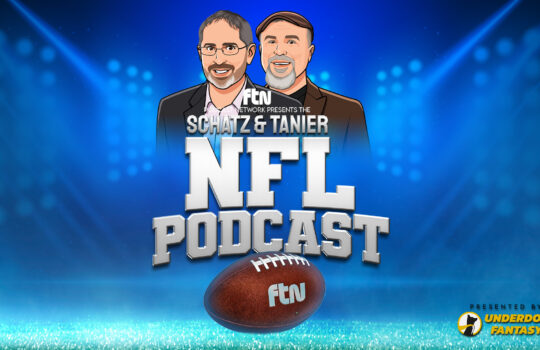






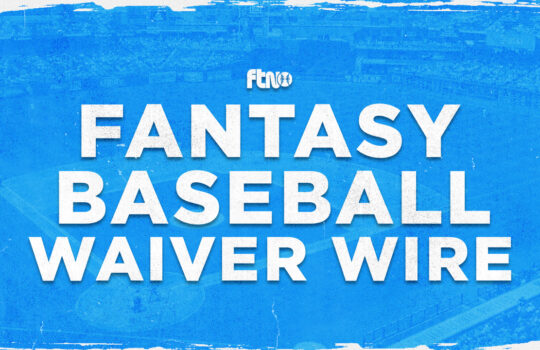

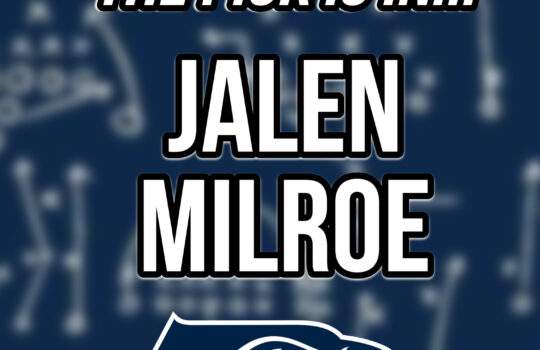

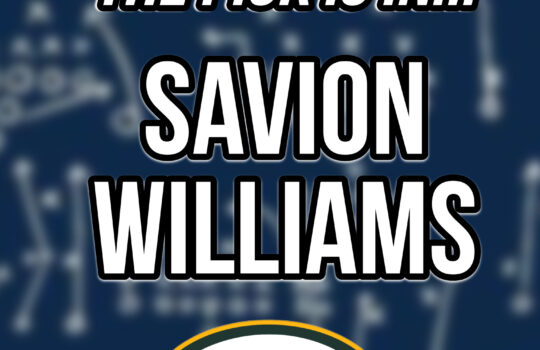
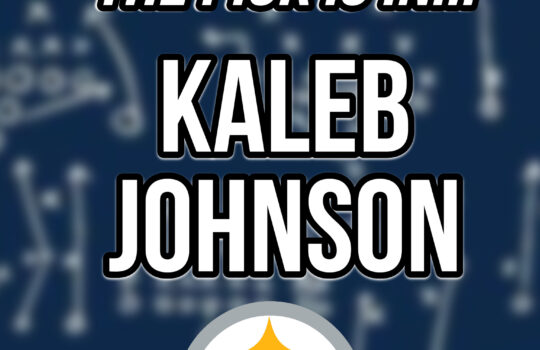

 New York Jets
New York Jets  New England Patriots
New England Patriots 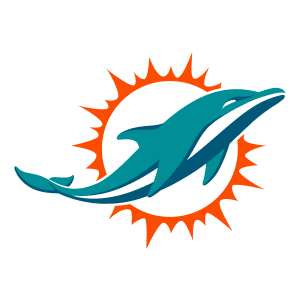 Miami Dolphins
Miami Dolphins  Buffalo Bills
Buffalo Bills  Pittsburgh Steelers
Pittsburgh Steelers  Cleveland Browns
Cleveland Browns  Cincinnati Bengals
Cincinnati Bengals  Baltimore Ravens
Baltimore Ravens 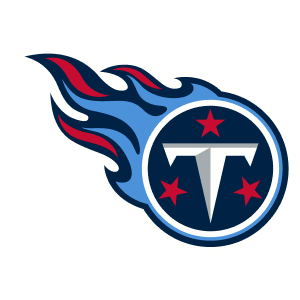 Tennessee Titans
Tennessee Titans  Jacksonville Jaguars
Jacksonville Jaguars  Indianapolis Colts
Indianapolis Colts  Houston Texans
Houston Texans  Las Vegas Raiders
Las Vegas Raiders 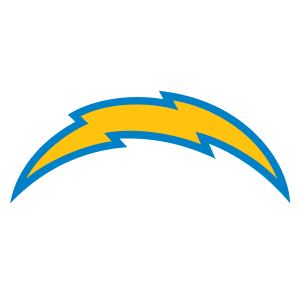 Los Angeles Chargers
Los Angeles Chargers  Kansas City Chiefs
Kansas City Chiefs 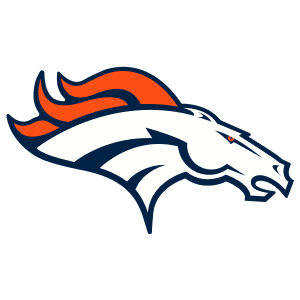 Denver Broncos
Denver Broncos  Washington Commanders
Washington Commanders  Philadelphia Eagles
Philadelphia Eagles 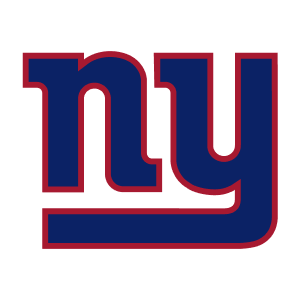 New York Giants
New York Giants  Dallas Cowboys
Dallas Cowboys 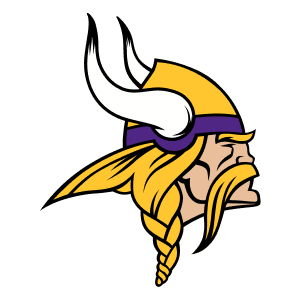 Minnesota Vikings
Minnesota Vikings 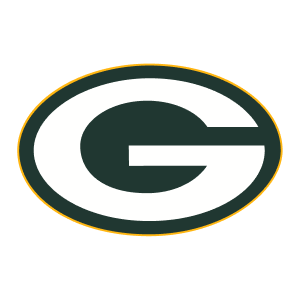 Green Bay Packers
Green Bay Packers 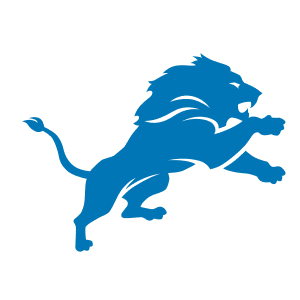 Detroit Lions
Detroit Lions 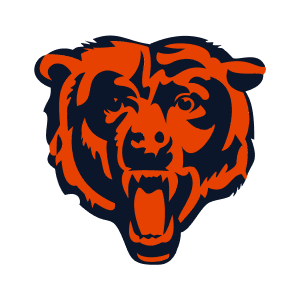 Chicago Bears
Chicago Bears 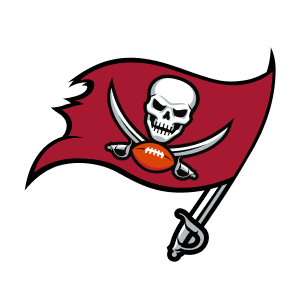 Tampa Bay Buccaneers
Tampa Bay Buccaneers  New Orleans Saints
New Orleans Saints 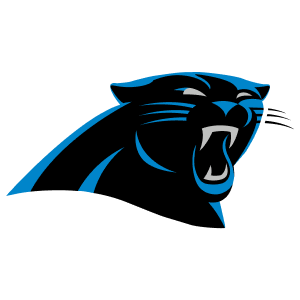 Carolina Panthers
Carolina Panthers 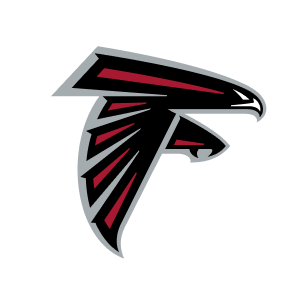 Atlanta Falcons
Atlanta Falcons  San Francisco 49ers
San Francisco 49ers  Seattle Seahawks
Seattle Seahawks  Los Angeles Rams
Los Angeles Rams 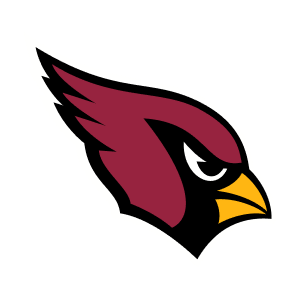 Arizona Cardinals
Arizona Cardinals 
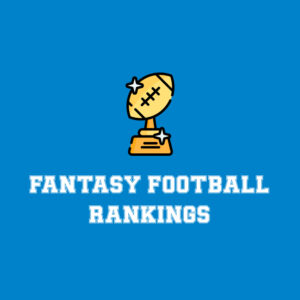
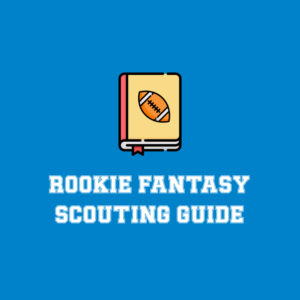
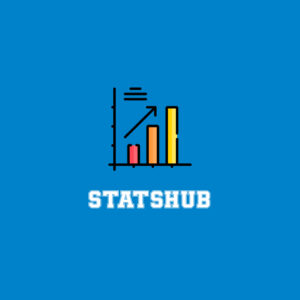
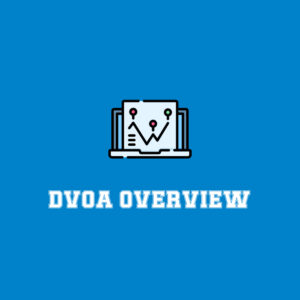




 Boston Celtics
Boston Celtics  Brooklyn Nets
Brooklyn Nets  Philadelphia 76ers
Philadelphia 76ers  New York Knicks
New York Knicks  Toronto Raptors
Toronto Raptors  Chicago Bulls
Chicago Bulls  Detroit Pistons
Detroit Pistons  Milwaukee Bucks
Milwaukee Bucks  Cleveland Cavaliers
Cleveland Cavaliers  Indiana Pacers
Indiana Pacers  Orlando Magic
Orlando Magic 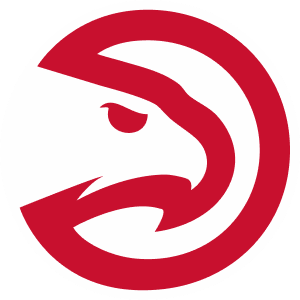 Atlanta Hawks
Atlanta Hawks  Charlotte Hornets
Charlotte Hornets  Miami Heat
Miami Heat  Washington Wizards
Washington Wizards  Denver Nuggets
Denver Nuggets  Minnesota Timberwolves
Minnesota Timberwolves  Oklahoma City Thunder
Oklahoma City Thunder  Portland Trail Blazers
Portland Trail Blazers  Utah Jazz
Utah Jazz  LA Clippers
LA Clippers  Golden State Warriors
Golden State Warriors  Los Angeles Lakers
Los Angeles Lakers  Phoenix Suns
Phoenix Suns  Sacramento Kings
Sacramento Kings  Dallas Mavericks
Dallas Mavericks  Houston Rockets
Houston Rockets  Memphis Grizzlies
Memphis Grizzlies  New Orleans Pelicans
New Orleans Pelicans  San Antonio Spurs
San Antonio Spurs 
